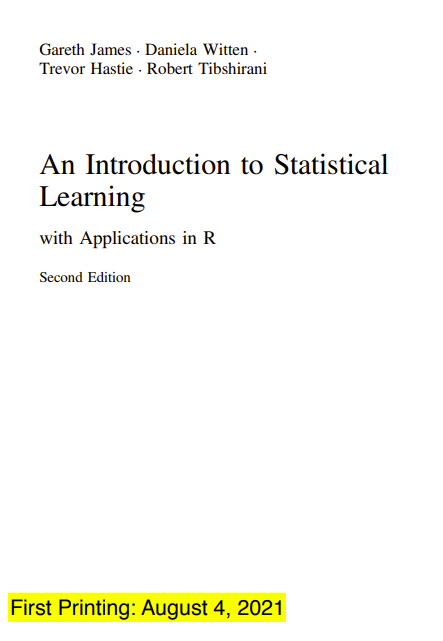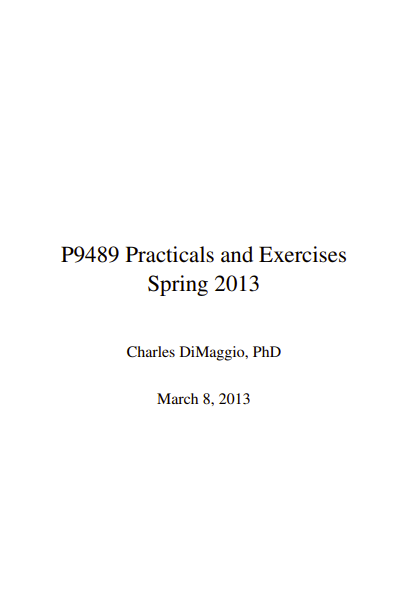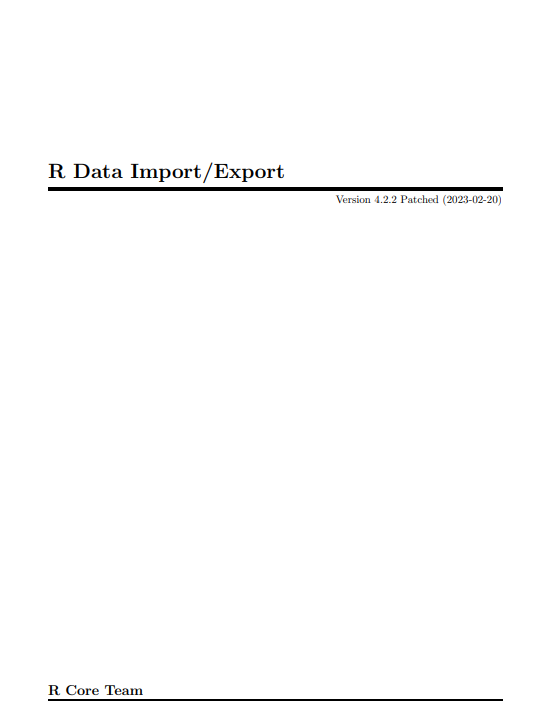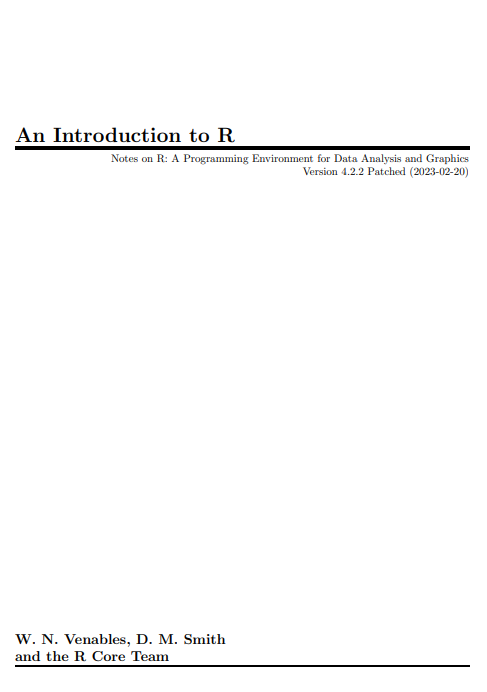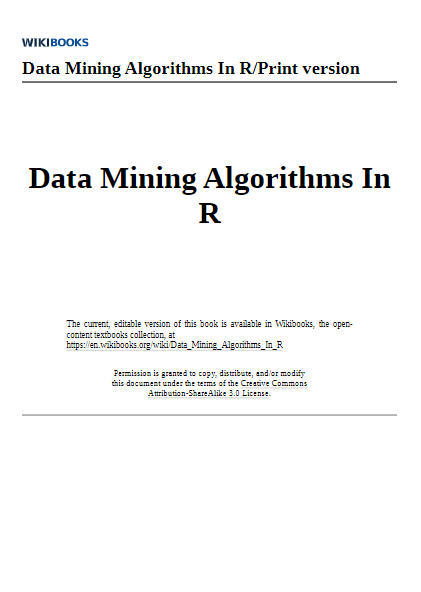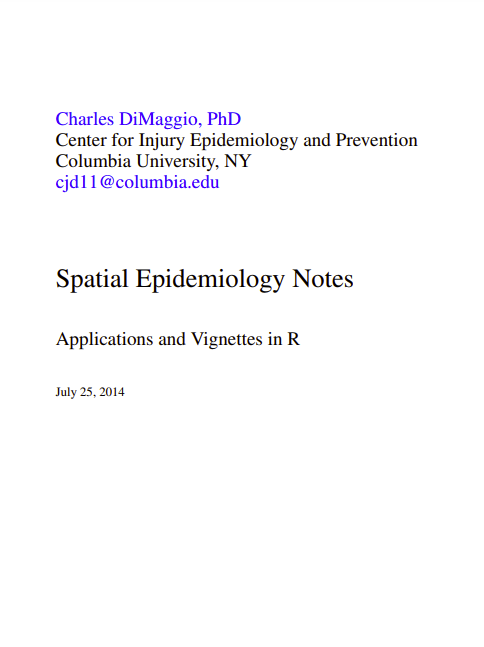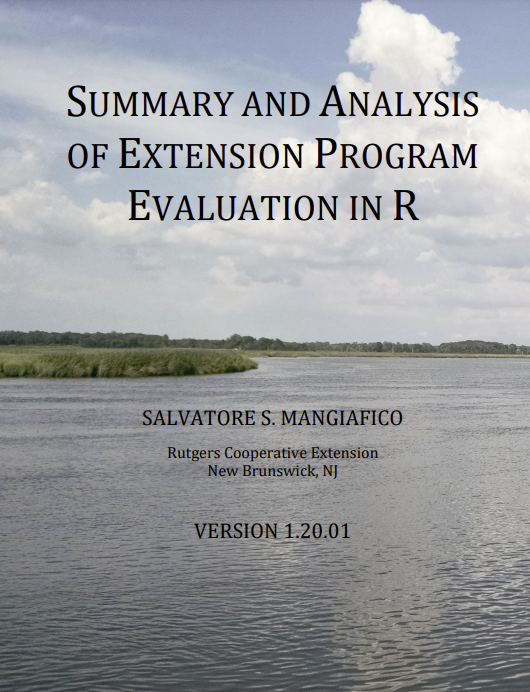An Overview of Statistical Learning
Statistical learning refers to a vast set of tools for understanding data. These tools can be classified as supervised or unsupervised. Broadly speaking, supervised statistical learning involves building a statistical model for predicting, or estimating, an output based on one or more inputs. Problems of this nature occur in fields as diverse as business, medicine, astrophysics, and public policy. With unsupervised statistical learning, there are inputs but no supervising output; nevertheless, we can learn relationships and structure from such data. To provide an illustration of some applications of statistical learning, we briefly discuss three real-world data sets that are considered in this book.
Wage Data
In this application (which we refer to as the Wage data set throughout this book), we examine a number of factors that relate to wages for a group of men from the Atlantic region of the United States. In particular, we wish to understand the association between an employee’s age and education, as well as the calendar year, on his wage. Consider, for example, the left-hand panel of Figure 1.1, which displays wage versus age for each of the individuals in the data set. There is evidence that wage increases with age but then decreases again after approximately age 60. The blue line, which provides an estimate of the average wage for a given age, makes this trend clearer.
